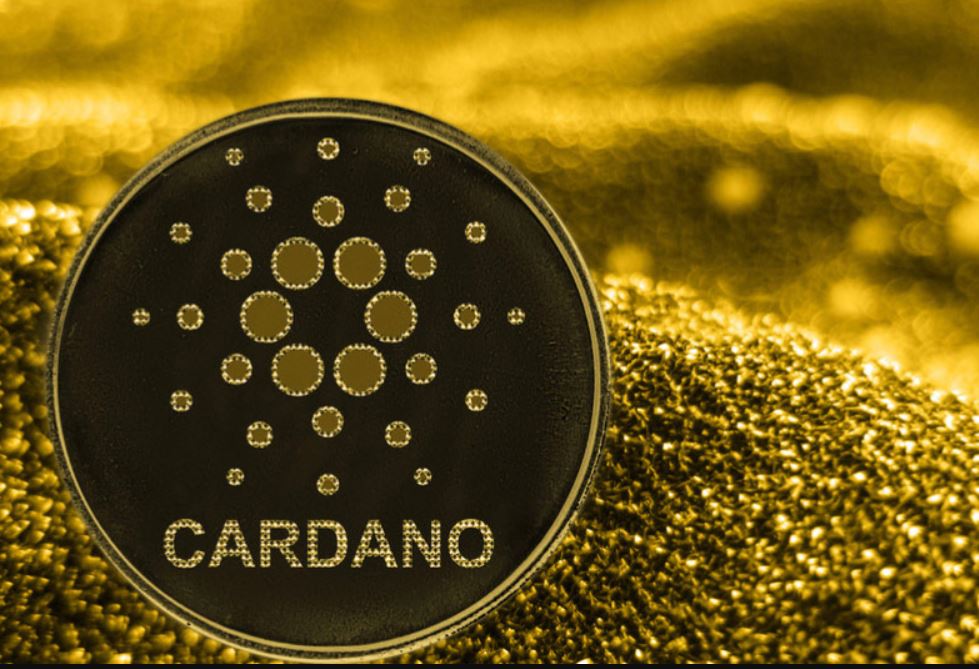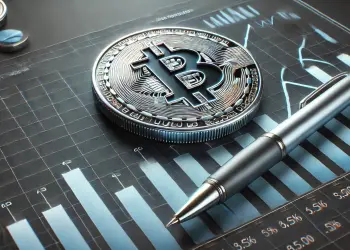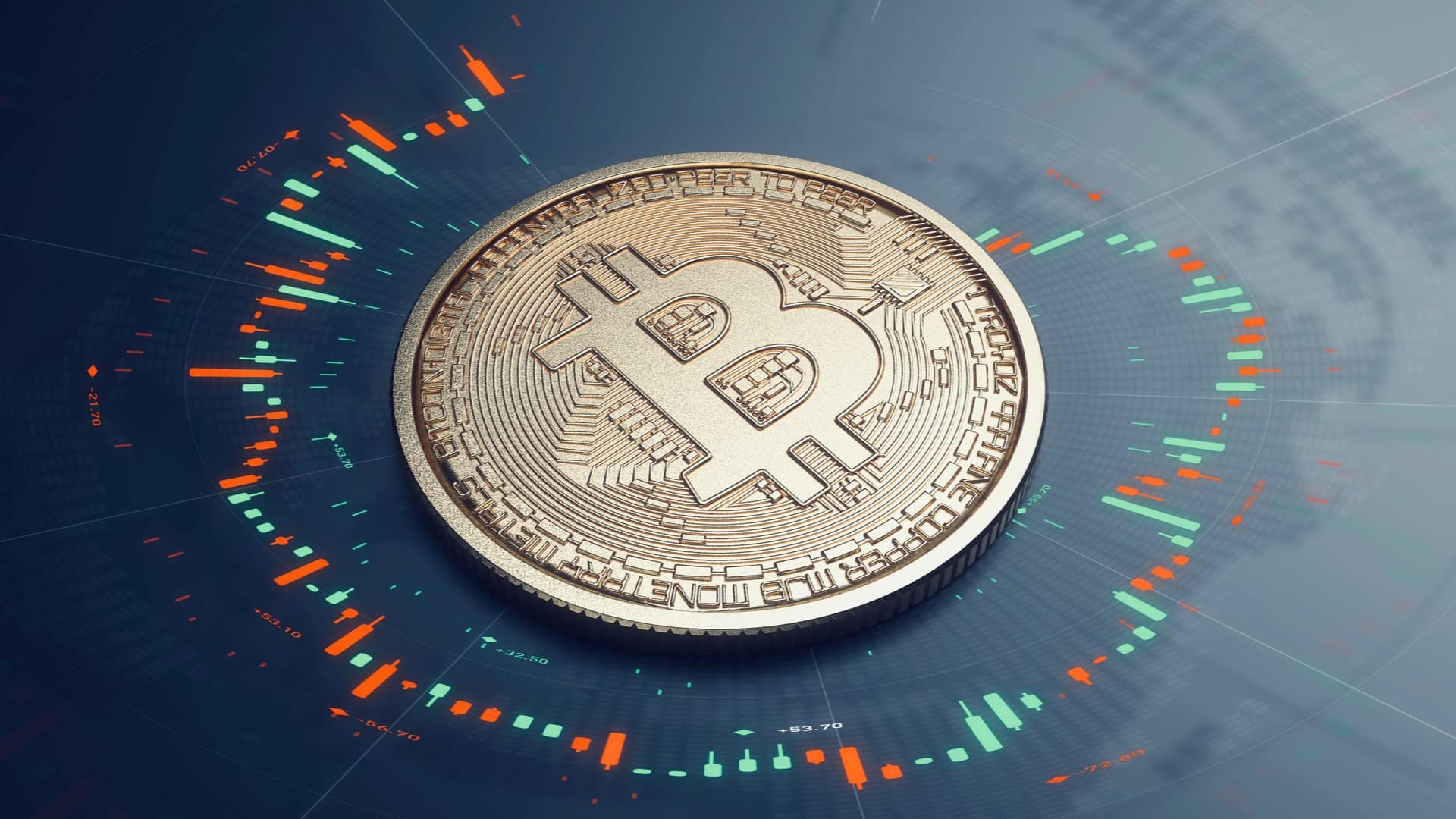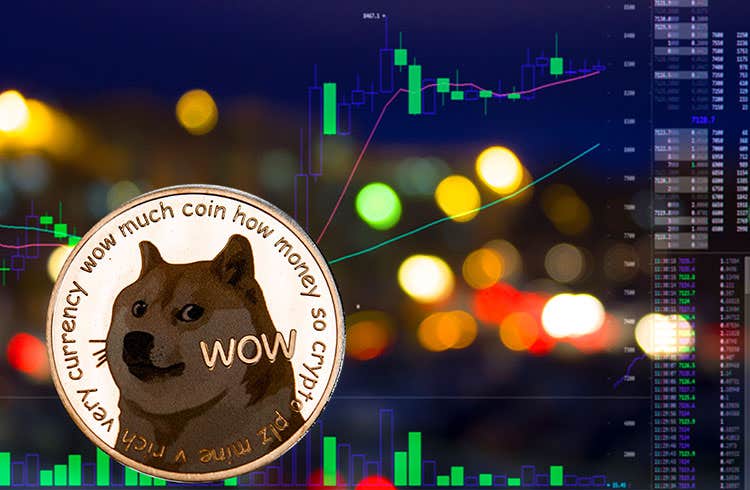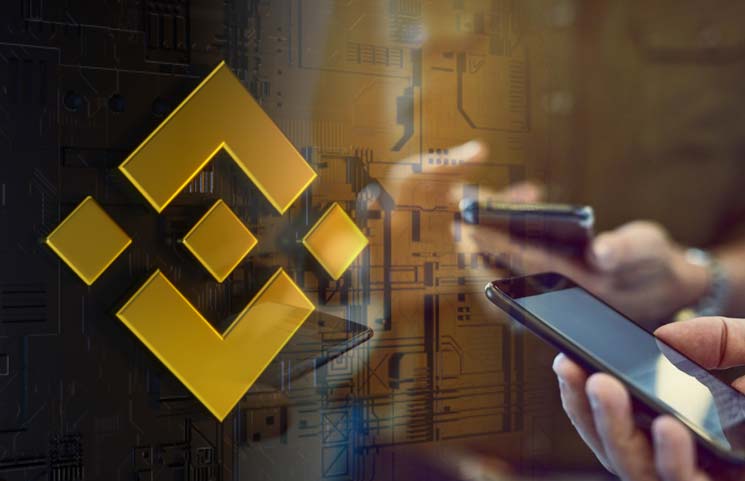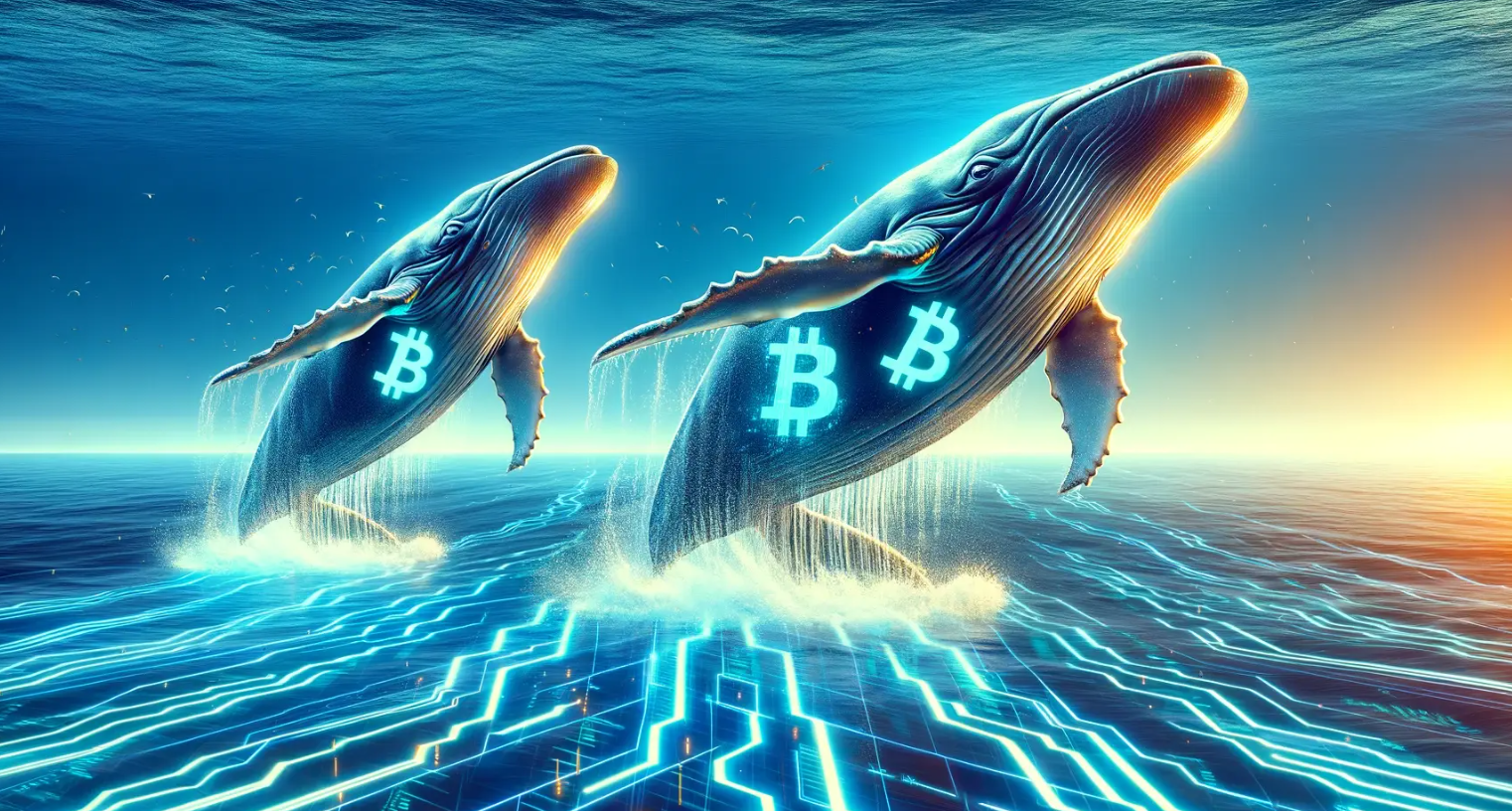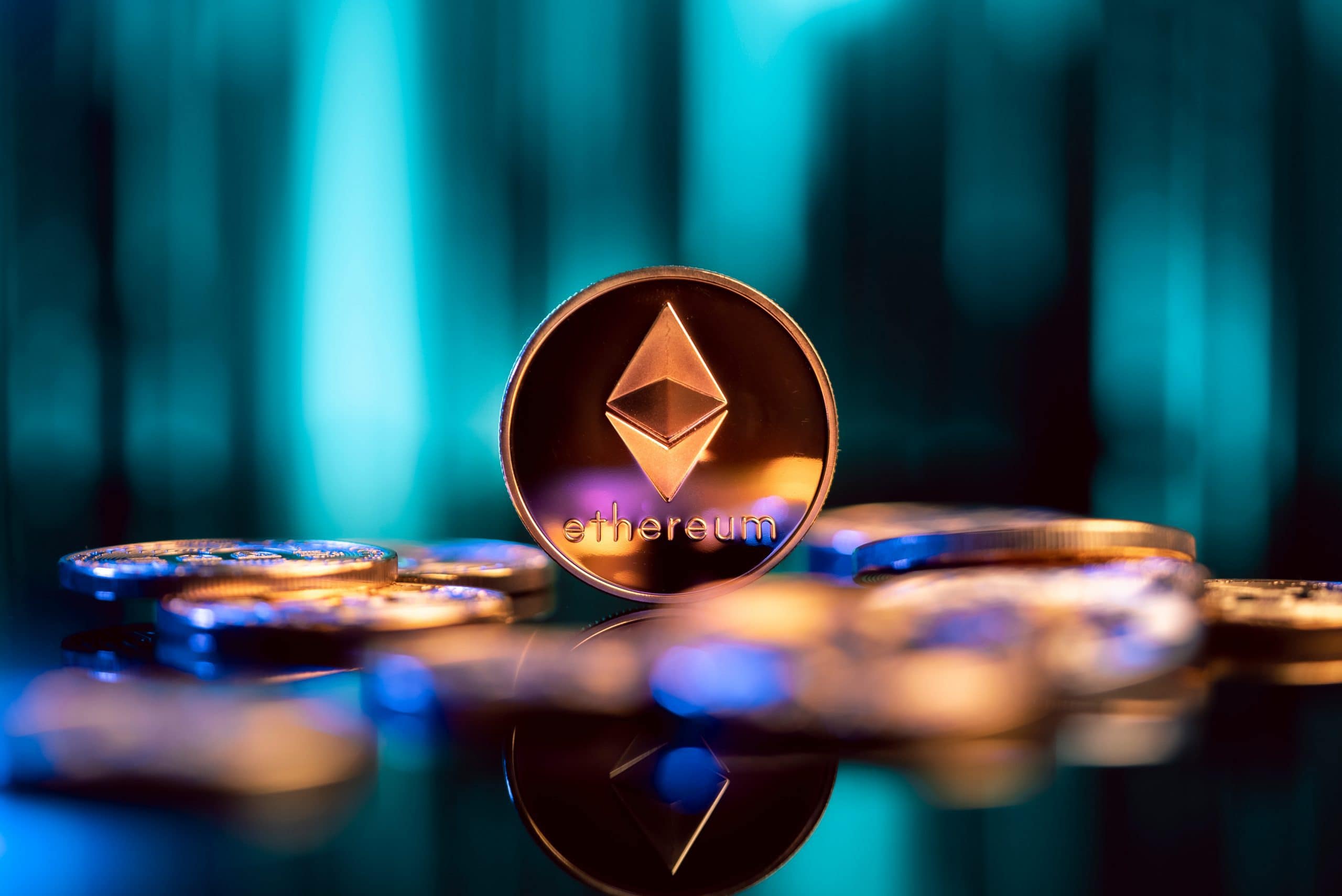Table of Contents
Crypto researcher and outspoken analyst Aylo lit up social media platform X recently by calling XRP “one of the biggest scams in history.” With over 126,000 followers, Aylo’s sharp words sent ripples (pun intended) through the crypto community, igniting heated debates and triggering swift responses from Ripple’s top brass.
But what’s the basis for such a bold accusation? And is XRP’s $143 billion market cap really built on thin air?
“XRP’s Market Cap Makes No Sense” – Says Aylo
Aylo’s main beef? XRP’s utility doesn’t match its valuation.
According to data from DeFiLlama, the XRP Ledger processed only $44,000 in decentralized exchange (DEX) volume over a 24-hour period. That’s not a typo—$44K. Meanwhile, Ethereum and Solana clocked in at $1.53 billion and $1.48 billion respectively on the same day. That’s like comparing a lemonade stand to Walmart.
Despite this tiny slice of activity, XRP’s market cap sits at a whopping $143 billion, nearly double Solana’s $74 billion. Aylo didn’t mince words:
“I think XRP is the biggest financial scam the world has ever seen.”
He argued that no other asset in history has produced so little value while being valued so highly. Spicy.
Ripple CTO Fires Back
Naturally, Ripple’s Chief Technology Officer David Schwartz wasn’t going to let that slide.
He quickly responded, clarifying that Aylo had only accounted for volume through Automated Market Makers (AMMs). According to Schwartz, total network volume for XRP in the last 24 hours was closer to $2.36 billion. Not exactly pocket change.
Meanwhile, another X user, Vet, chimed in with alternative data showing nearly $9 million in daily volume from non-AMM channels.
So, is Aylo just cherry-picking data, or is there a deeper issue?
DEX ≠ Everything: XRP’s Real Use Case Matters
It’s true—XRP sees less DeFi activity than networks like Ethereum or Solana. But here’s the catch: XRP was never designed to be a DeFi playground.
Instead, XRP’s original mission was to facilitate fast, low-cost cross-border payments—think wire transfers on rocket fuel. Comparing it to Ethereum is like judging a motorbike in a baking contest. Different tools, different jobs.
Experts argue that lower DEX volume doesn’t mean XRP is a scam. It just means its focus isn’t on decentralized exchanges or smart contracts, but on enterprise-level money movement.
Conclusion: Hype, Hate, or Honest Debate?
Is XRP overvalued? Maybe. Is it “the biggest fraud of all time”? Probably not. At worst, it’s a misunderstood token with a niche use case that doesn’t shine in DEX charts but plays a key role in real-world financial infrastructure.
Aylo’s criticism might stem from frustration with hype-driven markets—but slapping a “scam” label on one of the oldest and most widely used cryptocurrencies? That’s a bold spell to cast.
So before grabbing pitchforks, maybe ask: Are we judging XRP on what it is—or what it never claimed to be?






